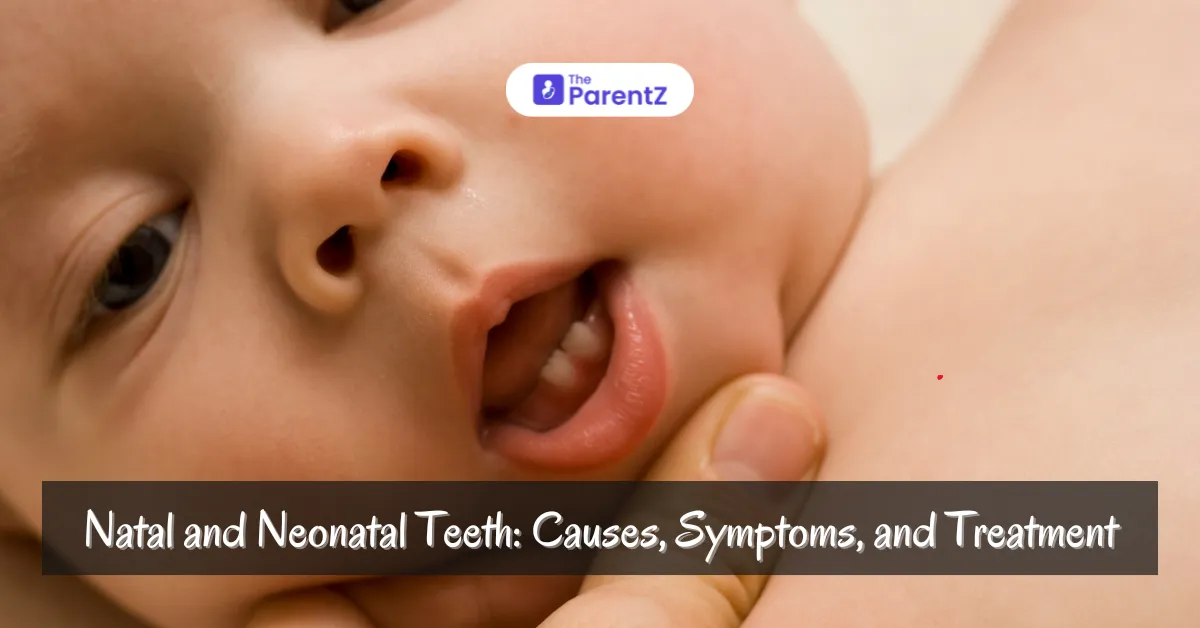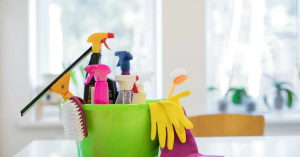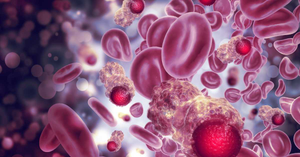The appearance of natal and neonatal teeth is a rare but intriguing phenomenon in pediatric dentistry. These teeth emerge either before birth or shortly after delivery and can raise concerns for both parents and healthcare providers. Understanding the causes, implications, and proper management of these teeth is essential to ensuring a healthy start for infants.
What are Natal and Neonatal Teeth?
Natal teeth are present at birth, while neonatal teeth erupt within the first 30 days of life. Although these early teeth are rare, with an occurrence of approximately 1 in 2,000 to 3,000 live births, their presence can impact feeding, oral health, and may cause complications such as discomfort for the mother during breastfeeding.
Causes of Natal and Neonatal Teeth
The exact cause of natal and neonatal teeth is not fully understood, but several factors are believed to contribute to their development:
1. Genetics: A family history of early teeth can predispose infants to natal or neonatal teeth.
2. Developmental Abnormalities: Conditions like Ellis-van Creveld syndrome, Pierre Robin syndrome, and other congenital disorders are sometimes linked to early teeth eruption.
3. Environmental Factors: There is speculation that certain prenatal environmental influences may stimulate early tooth development.
Characteristics of Natal and Neonatal Teeth
These teeth are typically part of the primary dentition, most commonly appearing in the mandibular incisors. They are often smaller, yellowish in color, and poorly developed in structure. Some key characteristics include:
• Poor root development
• Mobility due to a lack of proper anchorage in the bone
• Risk of aspiration if loose or dislodged
• Possible discomfort or injury to the infant’s tongue and mother’s nipples during breastfeeding
Complications and Concerns
While some natal and neonatal teeth may not pose any immediate problems, they can lead to several complications, including:
• Feeding Difficulties: Due to their fragile nature, these teeth may cause discomfort for the baby and mother, leading to feeding issues.
• Ulceration of the Tongue (Riga-Fede Disease): The sharp edges of early teeth can cause trauma to the underside of the tongue, leading to ulcerations that may affect feeding and cause pain.
• Aspiration Risk: If the teeth are loose, there is a potential risk of the infant aspirating the tooth into the airway.
• Infection Risk: Poorly developed teeth may increase the risk of localized infection.
Treatment and Management
The management of natal and neonatal teeth depends on the associated risks and complications. Treatment options include:
1. Monitoring: If the teeth are stable and not causing any complications, regular monitoring by a pediatric dentist is recommended.
2. Extraction: If the teeth are loose or pose a risk of injury or aspiration, extraction may be necessary, especially if they interfere with feeding.
3. Protection: In cases where extraction is not immediately required, covering the tooth with a protective material or smoothing sharp edges can help prevent trauma to the tongue or mouth.
Conclusion
Natal and neonatal teeth, while rare, require careful observation and appropriate management to ensure the infant’s health and comfort. Parents and healthcare providers should monitor these early eruptions closely to avoid complications such as feeding difficulties, infections, or aspiration. Consulting with a pediatric dentist is crucial to determine the best course of action to maintain the infant’s oral health.








Be the first one to comment on this story.